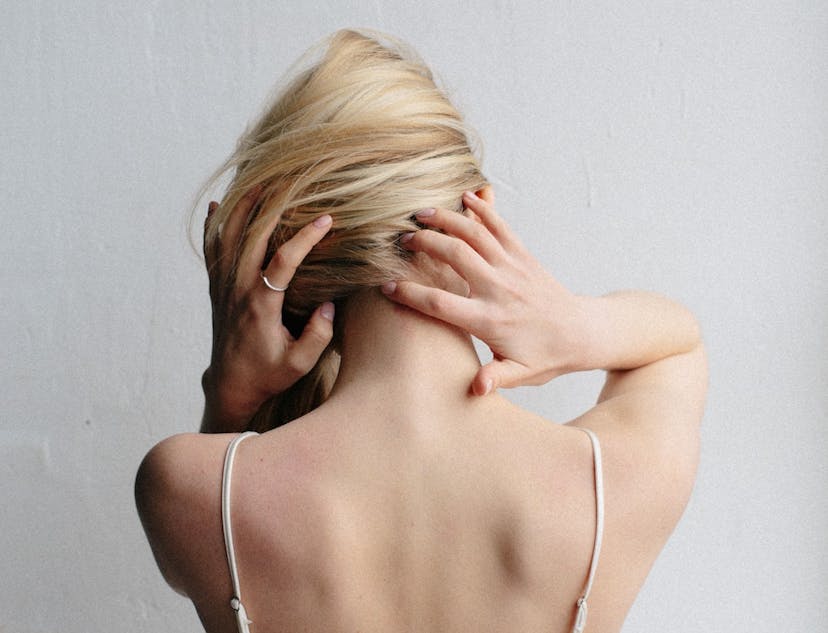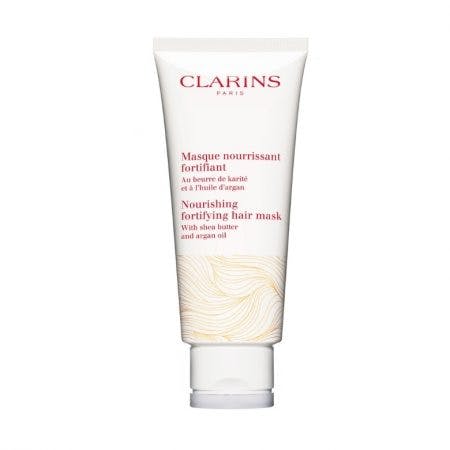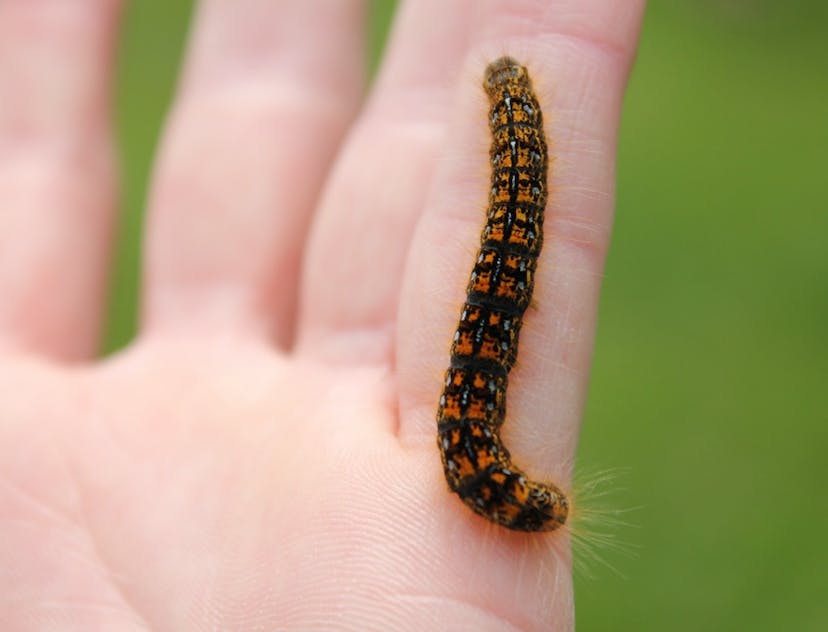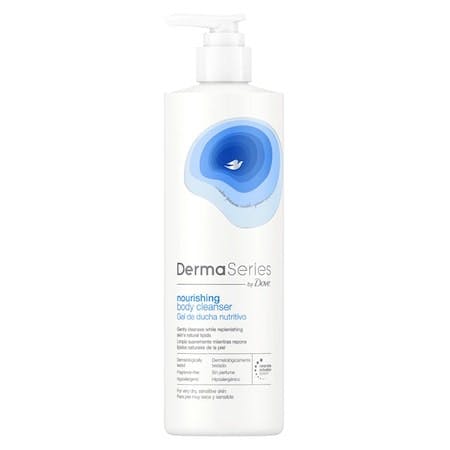If You’re Suffering With Itchy Skin From The Menopause – Check This Out
6 minutes read
Whether an itch, scratch or prickle, itchy skin menopause symptoms are impossible to ignore. Inflamed, menopausal skin is both common and annoying – but there are ways to soothe symptoms. We’ve gathered expert advice on how to get skin calm, refreshed and itch-free.
Itchy Skin & Menopause
You’re not alone if sensitive skin is the itch you can’t scratch – prickly skin is commonly experienced during menopause. Underarms, eyes, intimate areas and scalp are typically susceptible to menopause itching, but any corner of your body can be affected.
Menopause and perimenopause itchy skin is caused by hormonal changes that affect the skin’s condition. Declining oestrogen levels can accelerate skin thinning and collagen loss, weakening your skin’s barrier and leaving it vulnerable.
Marina Tarni, Menopause Expert and Medical Researcher for Vive My Beauty explains further. “With the progression of menopause, itching can become a more significant issue, as oestrogen reaches minimal levels, continuing to create a thinning and drying effect on the skin.”
Itchy skin during menopause is an issue that will likely reoccur as you age, but there are various ways to soothe your symptoms. And the best bit? Some solutions can even be created at home.
Home remedies for itchy skin
For an effective home remedy that’s free and easy, Tarni suggests applying a cool, wet compress to the problem area. Follow this up by bathing in colloidal oatmeal [grind a cup of oats in a blender and add them to bathwater], for skin that feels soothed and calm.
Tarni also recommends washing your face with warm (rather than boiling hot) water and a mild, fragrance-free cleanser. “Protecting the skin from environmental stress with antioxidants and sunscreens can be very helpful,” she adds.
Implementing simple lifestyle changes can also effectively combat symptoms. Drinking plenty of water, stocking up on healthy foods, and dodging external stressors will help keep your skin happy and radiant.
As far as medication goes, there are a few options at your disposal. Despite usually being used to calm hay fever symptoms, antihistamines (in cream or tablet form) can soothe itchy skin during menopause.
Hydrocortisone cream, which can be picked up from a pharmacy or supermarket, can also be effective. This steroid cream can provide relief from skin itchiness and inflammation, but ensure you always consult a doctor first.
Itchy Scalp & Menopause

If you’re experiencing both menopause and itchy skin, it’s likely that your scalp is giving you drama. Why? Menopausal hormonal changes affect the skin on your entire body, including the scalp. Whilst we’re usually great at moisturising, cleansing and exfoliating our faces, the scalp is often neglected. Itchy scalp menopause symptoms often present in the form of a flaky, itchy or dry head.
To protect your scalp and stimulate your hair follicles, Alexandra Hayes, a Skin Expert at Simone Thomas Wellness, suggests washing your hair 2-3 times a week. Regular washing helps to exfoliate your scalp, reducing symptoms associated with menopause and itchy scalp. To reduce further damage, avoid hair products that contain sulphates, parabens or minerals.
Hayes adds, “Use products designed to nourish the scalp and invest in a weekly hair mask. Use a hair oil as a treatment and massage the scalp. Keep brushing your hair to stimulate the oil production, oxygen levels in the follicles, and blood circulation for the best results.”
To nourish your scalp at home, gently massage the Nourishing Strengthening Hair Mask, £31 into your hair. With organic shea butter and argan oil, this formula deeply nourishes your hair fibres – leaving your scalp feeling strong and refreshed.

Itchy Skin At Night During Menopause
Does your menopause itching and burning skin get worse overnight? If you’re nodding, we’re hardly surprised. Itchy skin is nocturnal – well, at least its aggravators are.
Tarni says, “Itchiness can be worse at night as the body releases more cytokines, which are immune system proteins that create inflammation. This, in turn, can cause itching or make itching worse. At the same time, the body’s production of corticosteroids, which tame inflammation, declines.”
This causes menopause itching at night, leading to disrupted sleep and overnight discomfort. “Itchy skin at night could be aggravated by improper sleepwear and warmer temperatures from the body warming itself up,” Tarni adds. “This can trigger night sweats and itchiness from water loss.”
So, to avoid nighttime prickles, keep cool with cotton, loose-fit, pyjamas and thinner bedding. Amending your nighttime routine can also help tackle itchy skin at night in menopause. Consuming caffeine and alcohol near bedtime can widen your blood vessels and also prompt itchy skin overnight, says Tarni. So, try cutting out caffeinated and alcoholic drinks a few hours before lights out.
Itchy Skin During Perimenopause

Often, prickly itchy skin menopause symptoms actually begin during perimenopause. Described as the stage before missing your period, perimenopause can last for up to four years. During this time, your body undergoes a variety of hormonal changes which can affect your skin and encourage itchiness.
“Changes in hormone levels, including a decrease in oestrogen, progesterone and testosterone, will affect the condition of the skin and this starts during the perimenopause stage,” Hayes explains.
Additionally, your body’s collagen levels, which keep skin calm and healthy, typically drop by 1% every year. When you reach perimenopause, this slows down further, leading to skin dehydration, itchiness and flakiness.
“In the first five years of menopause, we tend to lose around 30% of the skin collagen,” Tarni explains. “The skin barrier, which controls skin sensitivity, becomes more fragile, and the skin becomes more susceptible to irritation.”
To help protect your skin’s barrier, try Dermaseries by Dove Nourishing Body Cleanser, £15. This gentle body cleanser gets to work on restoring the skin’s barrier, by soothing and hydrating skin.

From onset to end, sensitive skin can be a constant throughout menopause. Menopause and itching are a difficult pairing, but there are many ways to ease your symptoms.
Nourishing your scalp, investing in cooler nightwear, and implementing healthier habits are all great ways to begin. You’ll likely spend up to half of your life in peri or post-menopause, so now’s a good time to get that itch scratched for good.
FAQs
Can hormones cause itching at night?
At night, your body releases cytokines, which are immune-system proteins that create inflammation. At the same time, your body produces fewer corticosteroids, which fight inflammation. This can cause spikes in nighttime itchiness and sensitivity.
Is itching common in perimenopause?
Menopausal itchy skin is caused by hormonal changes, and this begins during perimenopause. Perimenopause decreases your levels of estrogen, progesterone and testosterone which can affect the sensitivity of the scalp and skin.
Is prickly skin a symptom of menopause?
Prickly skin is one of the most common side effects of menopause. Hormonal changes cause your skin to become sensitive, leaving it susceptible to itchiness and aggravation.
Sign up for our newsletter
We will keep you in the loop for special offers, exclusive gifts and product news.


